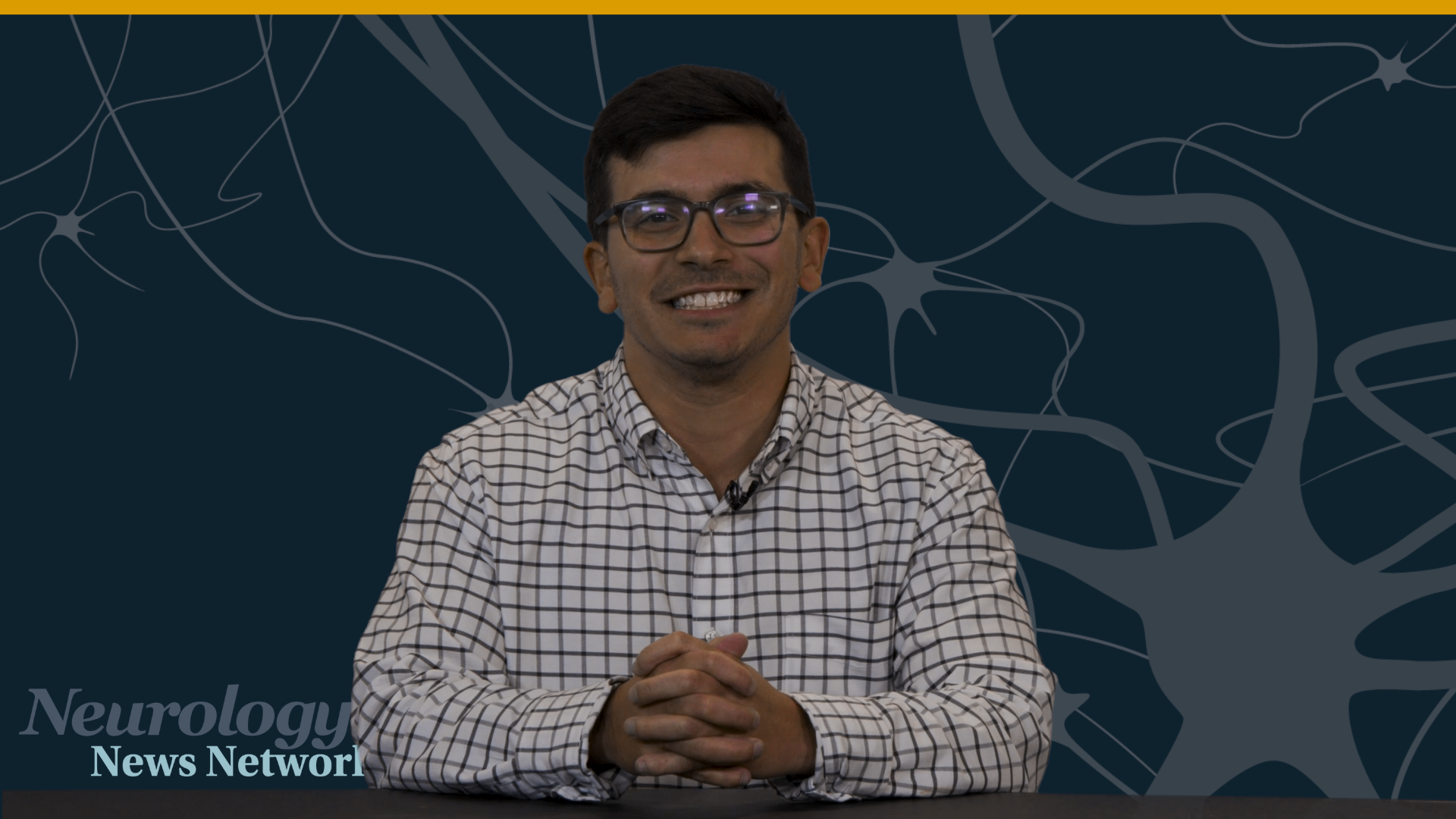Congenital disorders
AdComm Committee Downvotes NurOwn, ADELY01 Cleared for Trials, Axsome Pushes Back SYMPHONY Trial
WATCH TIME: 4 minutes
Welcome to this special edition of Neurology News Network. I’m Marco Meglio.
The FDA’s Cellular, Tissue, and Gene Therapies Advisory Committee has voted that current data on NurOwn, BrainStorm Cell Therapeutics’ stromal cell therapy, is not sufficient in demonstrating efficacy as a treatment for patients with mild to moderate amyotrophic lateral sclerosis (ALS). The agency is expected to make a final decision on the treatment by its scheduled PDUFA date of December 8, 2023. At the conclusion of the hearing, the committee voted 17-1-1 (17 No; 1 Yes; 1 Abstain) that the evidence presented did not adequately establish NurOwn as an effective treatment. Throughout the meeting, members of the committee raised concerns about the efficacy and manufacturing of the product, including its mechanisms of action. NurOwn, an investigational product, is a technology platform of autologous mesenchymal stromal cells secreting neurotrophic factors cells.
According to a recent announcement, the FDA has cleared the investigational new drug application of ADELY01, a novel disease-modifying immunotherapy, as a potential treatment for patients with Alzheimer disease (AD). The phase 1a/1b study is expected to assess the safety, tolerability, pharmacokinetics, and clinical activity of the agent in a cohort of healthy volunteers and those with mild cognitive impairment (MCI) because of AD. ADEL-Y01 is a recombinant immunoglobulin-1 class type monoclonal humanized antibody that recognizes and binds to tau protein acetylated at lysine-280 (ack280) thus inhibiting aggregation and propagation of tau seeds and enhancing microglial tau clearance. In preclinical models, upon interaction with acetylated tau aggregates, ADEL-Y01 prevented tauopathy progression and increased neuronal viability in neuron cultures and in tau-Tg mice through antibody-mediated neutralization and phagocytosis, respectively.
In a recent corporate presentation, Axsome Therapeutics announced that the readout for the phase 3 SYMPHONY trial investigating AXS-12 (reboxetine), a selective norepinephrine reuptake inhibitor in development for narcolepsy, will be postponed until the fourth quarter of 2023. The agent, granted FDA orphan drug designation, is in development to regulate noradrenergic activity in order to promote wakefulness, sustain muscle tone, and improve cognition. SYMPHONY a phase 3, randomized, double-blind, multicenter, placebo-controlled trial assessing the efficacy and safety of AXS-12, began recruitment in September 2021, with the goal of approximately 90 patients randomized in a 1:1 ratio to treatment with AXS-12 or placebo for 5 weeks. The primary end point is the frequency of cataplexy attacks and throughout the study, other symptoms of narcolepsy with be explored as well as safety.
For more direct access to expert insight, head to NeurologyLive.com. This has been Neurology News Network. Thanks for watching.

